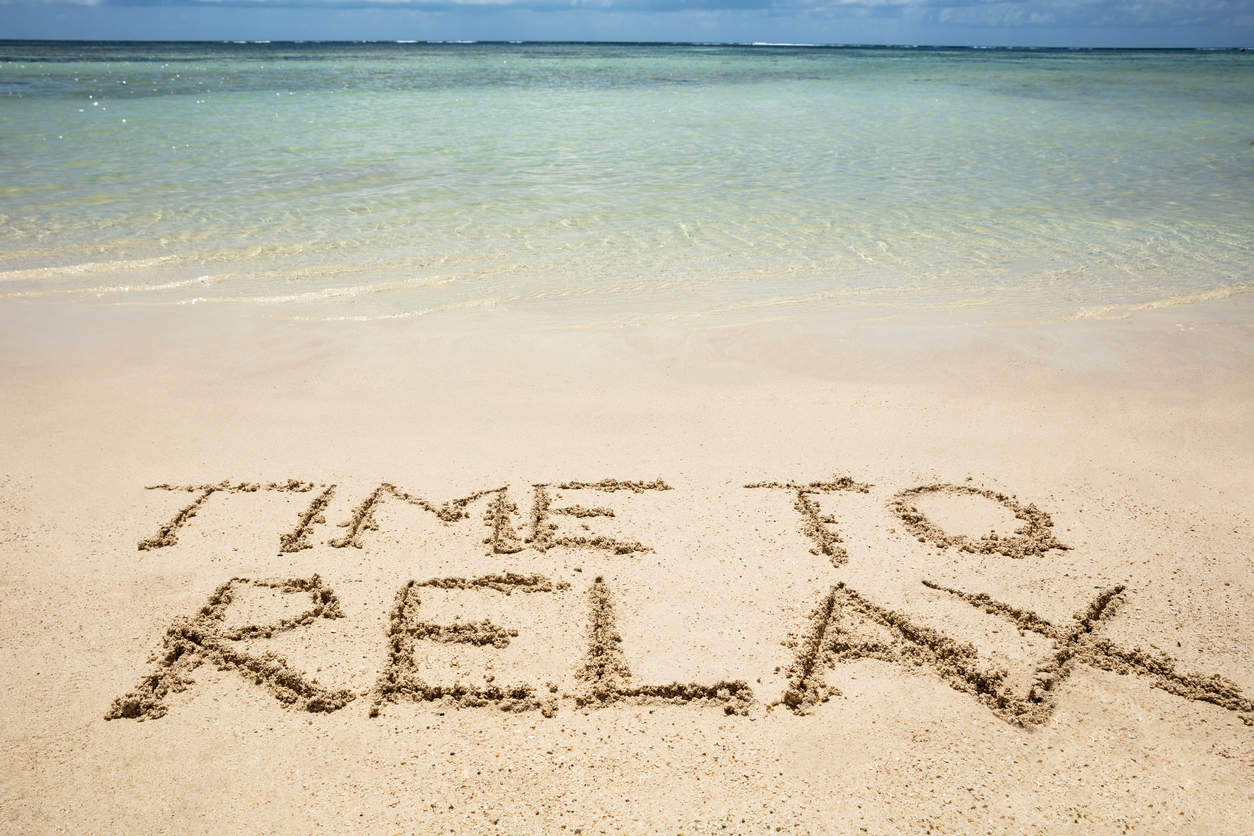
We have heard that stress can get the best of us. We have heard the stories and constantly are reminded that we should be doing more self-care.
A 2001 Environmental Protection Agency-sponsored survey reported that Americans spend 87% of their time inside, plus another 6% in an enclosed vehicle. Wow! It’s not that we are opposed to self-care, it’s that in cases like me, I feel more stressed about taking the time for self-care because it takes away from my overloaded schedule. So, my stress keeps cycling.
I am IN self-care, and I have seen first-hand what stress can do to the body, and the mind. I must remind myself that I must give to myself, not only to others. Permitting oneself is the most difficult, and to let some balls drop if they must, without guilt.
So, how do we allow Gratitude & Forgiveness in our journey to self-care? In these festive months, stress can be at its highest. Remember that if you are not at your best, how can you give your best to others? Here are some signs of stress that might cause harm, so, please make sure you gift yourself time to heal & replenish:
What is Adrenal Fatigue?
It is something real and goes unnoticed by many. It is stress attacking our adrenal glands. The adrenal glands or suprarenal glands are part of the endocrine system. The adrenal glands are orange-colored endocrine glands that are located on the top of both kidneys. The adrenal glands are triangular-shaped and measure about one-half inches in height and 3 inches in length. Each gland consists of a medulla (the center of the gland -surrounded by the cortex.) The small organs produce essential hormones, primarily steroids, which enable the body to chemically regulate itself and respond to stressors.
What is Adrenal Stress?
When you’re under emotional, physical, psychological, or environmental stress, your adrenal gland produces a stress hormone called cortisol. Cortisol is partially responsible for your body’s fight-or-flight response to stress. When cortisol levels are high, it blocks the effects of important hormones like estrogen, testosterone, and thyroid hormones. Then, you may have symptoms of low estrogen, low testosterone, or low thyroid, even though those hormone levels may be normal. When cortisol levels remain chronically high over an extended period, it’s known as adrenal stress. If high stress sticks around, the adrenal gland gets tired out and can’t maintain the high cortisol levels anymore. This drop-in cortisol level is known as adrenal fatigue. In adrenal fatigue, cortisol levels are lower than they should be. With low cortisol levels, hormone receptors don’t work as well and many are destroyed. This event means that the effects of important hormones like estrogen, testosterone, and thyroid are reduced.
What are the symptoms of adrenal stress and fatigue?
Symptoms of chronically high cortisol (adrenal stress) include:
• Sleep disturbances • Weight gain, especially around the waist • Mood changes, including irritability, anxiety, or depression • Forgetfulness • Headaches • Hair loss • Loss of muscle • Acne • Hot flashes • Aches and pains
Symptoms of low cortisol (adrenal fatigue) are:
• All-day fatigue • Weight gain, especially on the hips • Insomnia • Anxiety • Depression • Cravings • Allergies • Chemical sensitivities
Here are FIVE ways to improve adrenal health during the holidays:
1. Attempt to reduce stress as much as possible. This event may involve spending time alone to take care of yourself or spending time with low-stress family members. Take some meditation classes, breathe work sessions or forest bathing.
2. Get enough sleep. Try not to stay up too late preparing meals or catching up with friends. Getting enough sleep is important to replenish hormone levels. Taking a hot bath with Epsom salts (see CK fitness editor, Jennifer Mathien’s, recipe for the perfect epsom salt “craft bath”), herbal tea before bed, reputable CBD, learn some slow meditative mantras to release repetitive thoughts-all can reduce stress and induce sleep.
3. Eat healthy. Food can be a big trigger during the holiday season. Try eating smaller, more frequent meals and avoid too many carbohydrates/sugars and too much caffeine. Try Green Tea, Chai, Matcha or bone broth instead of coffee, and make sure to stay hydrated. The weather and holiday cocktails take away electrolytes that can make you lightheaded or induce headaches.
4. Breathing & Exercise. Grab a friend and catch up during a walk. Exercise naturally boosts energy levels and release endorphins. Breathing thoughtfully works with your vagus nerve to down-regulate your nervous system, and friends make you laugh & listen.
5. Bodywork & Therapeutic Massage can stimulate blood flow, also relax your nervous system and work muscles that have contracted and caused the biggest knot (trigger points) in your shoulders giving you that low-grade headache, or whatever other muscles tend to contract and give you grief during stressful triggers. To add to your session, add some essential oils they have amazing healing powers that work with your nervous system and brain receptors. Try different smells, the one (s) that makes you smile is/are the one(s) that usually works the best.








Leave A Comment